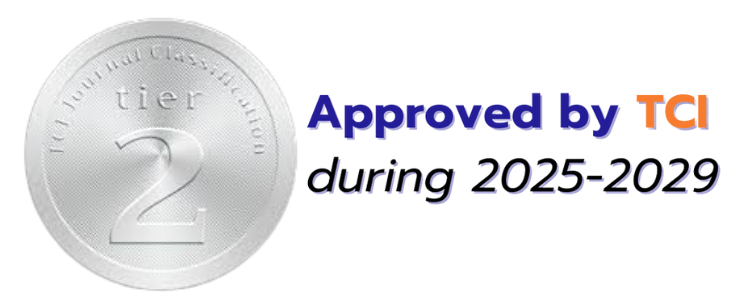การศึกษาแนวทางการพัฒนาโรงเรียนสุขภาวะ |Guideline Study to Develop Healthy School
Keywords:
โรงเรียนสุขภาวะ, สุขภาวะ, พัฒนาโรงเรียนสุขภาวะAbstract
Abstract
การวิจัยครั้งนี้มีวัตถุประสงค์เพื่อ1) เพื่อศึกษาความต้องการในการพัฒนาโรงเรียนสุขภาวะ2) เพื่อศึกษาแนวทางในการพัฒนาโรงเรียนสุขภาวะ กลุ่มเป้าหมายที่ใช้ในการวิจัยได้แก่ โรงเรียนสังกัดการศึกษาขั้นพื้นฐานจังหวัดราชบุรีและจังหวัดนครปฐมจำนวน 34 โรงเรียนรวมผู้บริหารและครูผู้สอนจำนวน 352 คน ได้มาโดยใช้วิธีการเลือกแบบเจาะจง เครื่องมือที่ใช้ในการวิจัย ได้แก่ จิตศึกษา การจัดการเรียนการสอนโดยใช้ปัญหาเป็นฐาน ชุมชนแห่งการเรียนรู้วิชาชีพ และการอภิปรายอย่างสร้างสรรค์ การวิเคราะห์ข้อมูล ใช้การวิเคราะห์เนื้อหา ผลการวิจัย พบว่า
- 1. ความต้องการในการพัฒนาโรงเรียนสุขภาวะประกอบด้วย1) ด้านความรู้ ความเข้าใจเกี่ยวกับเครื่องมือนวัตกรรม 2) ด้านการสร้างเครือข่ายในการทำงาน ระหว่างโรงเรียน เขตพื้นที่การศึกษา และมหาวิทยาลัย 3) ด้านงบประมาณ 4) ด้านสื่อการสอนและคู่มือ และ5) ด้านการดำเนินการอย่างเป็นระบบตามรูปแบบ PDCA
- 2. แนวทางในการพัฒนาโรงเรียนสุขภาวะ ประกอบด้วย 1) สนับสนุนงบประมาณและวางแผนดำเนินการ 2) สร้างความรู้และความเข้าใจ 3) สร้างชุมชนแห่งการเรียนรู้วิชาชีพ 4) นำเทคโนโลยีมาช่วยเพิ่มประสิทธิภาพ 5) กำกับติดตาม 6) เสริมแรงและสร้างขวัญกำลังใจและ 7) สะท้อนความคิด
The purposes of this study were 1) to study need thatdevelop the healthy school, 2) tostudy guideline to develop the healthy school. The samples were 33 schools from office of the basic education inRatchaburi and Nakhonpathomwith 352 administrators and teachers. They were selected by using purposive sampling. The research instruments werePsychology,Problem Based Leaning, Professional Learning Community and Creative Discussion. TheContent analysis is wasused to analyze data.The findings indicated that 1. The need thatdevelopthe healthy schoolconsisted of 1) to inform knowledge about the innovation 2) to create working network with school, education section and university 3) to support budget 4) to learn about media and manual and 5) to approach system with PDCA. 2. The guideline to develop the healthy schoolconsisted of 1) budget support and planning 2) knowledge and understanding 3) Professional Learning Community 4) technology support 5) mentoring 6) reinforce and morale 7) reflection







